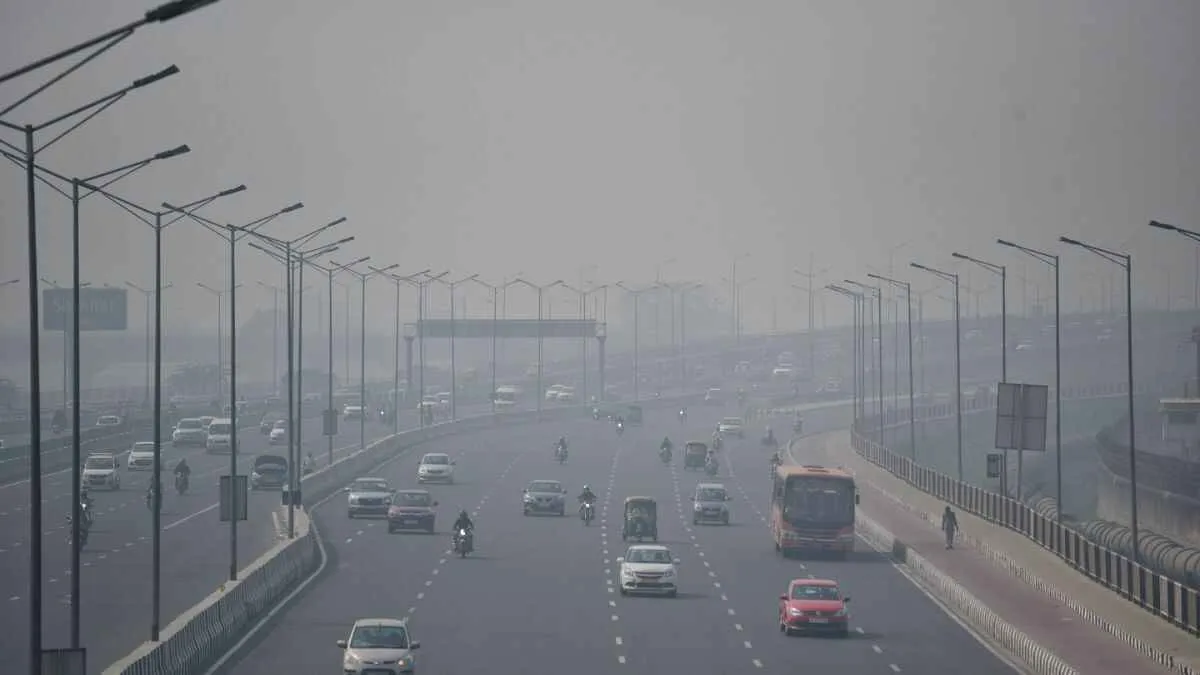- By Abhishek Sheoran
- Sun, 24 Nov 2024 08:59 AM (IST)
- Source:JND
Delhi continues to grapple with alarming levels of air pollution, as thick fog blanketed the city early on Sunday morning. According to the Central Pollution Control Board (CPCB), the air quality index (AQI) in the national capital has been recorded in the "very poor" category, signalling severe health risks for residents.
At 7 AM, the average AQI across Delhi stood at 370, with several areas registering AQI levels exceeding 400. This marks a drastic deterioration in the air quality, as dangerous particulate matter continues to dominate the atmosphere. Areas like Sonia Vihar, Alipur, Anand Vihar and Bawana reported AQI levels above 400 as early as 6 AM, with many parts of the city facing air pollution levels near 350.
The alarming pollution levels in Delhi are a direct threat to the health of residents, especially vulnerable groups like children, the elderly and those with pre-existing respiratory conditions. The hazardous air quality exacerbates respiratory problems and poses risks of long-term health complications.
Area-Wise AQI Levels in Delhi:
Anand Vihar: 412
Ashok Vihar: 392
Aya Nagar: 313
Bawana: 401
Burari Crossing: 362
Chandni Chowk: 353
Dwarka-Sector 8: 400
IGI Airport (T3): 327
Dilshad Garden: 380
Jahangirpuri: 402
Mundka: 386
Najafgarh: 319
Narela: 410
North Campus, DU: 348
Patparganj: 388
Punjabi Bagh: 370
Pusa: 327
RK Puram: 373
Rohini: 382
Shadipur: 385
Sonia Vihar: 408
Vivek Vihar: 404
Wazirpur: 409
AQI between 0 and 50 is considered ‘good’, 51 and 100 ‘satisfactory’, 101 and 200 ‘moderate’, 201 and 300 ‘poor’, 301 and 400 ‘very poor’, 401 and 500 ‘severe’, and above 500 ‘severe plus’.
GRAP 4 restrictions are still in place after the Supreme Court categorically conveyed that the curbs should not be uplifted by the government without permission from the top court.

